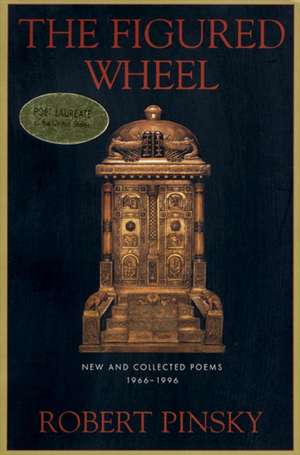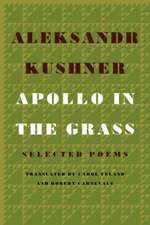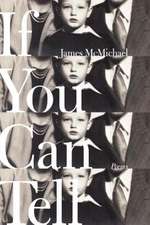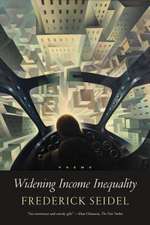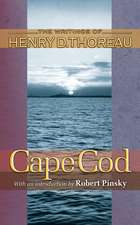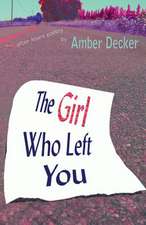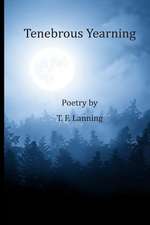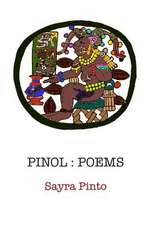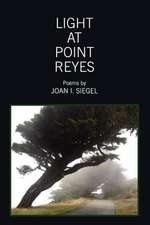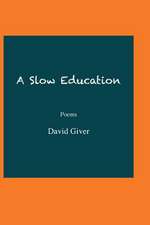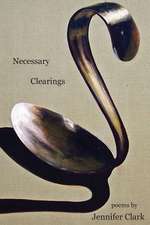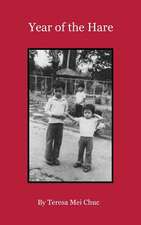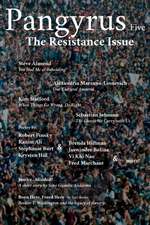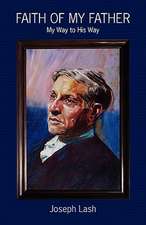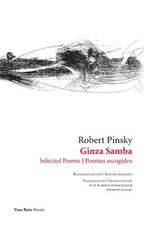The Figured Wheel: New and Collected Poems, 1966-1996
Autor Robert Pinsky, Pinsky Roberten Limba Engleză Paperback – 31 mar 1997
Vezi toate premiile Carte premiată
"The Figured Wheel" fully collects the first four books of poetry, as well as twenty-one new poems, by Robert Pinsky, the former U.S. Poet Laureate.
Critic Hugh Kenner, writing about Pinsky's first volume, described this poet's work as "nothing less than the recovery for language of a whole domain of mute and familiar experience." Both the transformation of the familiar and the uttering of what has been hitherto mute or implicit in our culture continue to be central to Pinsky's art. New poems like "Avenue" and "The City Elegies" envision the urban landscape's mysterious epitome of human pain and imagination, forces that recur in "Ginza Samba," an astonishing history of the saxophone, and "Impossible to Tell," a jazz-like work that intertwines elegy with both the Japanese custom of linking-poems and the American tradition of ethnic jokes. A final section of translations includes Pinsky's renderings of poems by Czeslaw Milosz, Paul Celan, and others, as well as the last canto of his award-winning version of the "Inferno."
Preț: 128.69 lei
Nou
24.62€ • 25.71$ • 20.38£
Carte disponibilă
Livrare economică 14-28 martie
Specificații
ISBN-10: 0374525064
Pagini: 320
Dimensiuni: 150 x 229 x 23 mm
Greutate: 0.43 kg
Editura: Farrar, Straus and Giroux
Locul publicării:New York, NY
Descriere
Critic Hugh Kenner, writing about Pinsky's first volume, described this poet's work as "nothing less than the recovery for language of a whole domain of mute and familiar experience." Both the transformation of the familiar and the uttering of what has been hitherto mute or implicit in our culture continue to be central to Pinsky's art. New poems like "Avenue" and "The City Elegies" envision the urban landscape's mysterious epitome of human pain and imagination, forces that recur in "Ginza Samba," an astonishing history of the saxophone, and "Impossible to Tell," a jazz-like work that intertwines elegy with both the Japanese custom of linking-poems and the American tradition of ethnic jokes. A final section of translations includes Pinsky's renderings of poems by Czeslaw Milosz, Paul Celan, and others, as well as the last canto of his award-winning version of the "Inferno."
Recenzii
"There are times in these poems when one feels . . . that what is presented as a kind of grand vision of humanity is a version of self-delight. As with Whitman [there is] a potential for coldness in Mr. Pinsky's wide-angle vision. Most of the time, though, the poems of his maturity manage their startling shifts and juxtapositions in ways that give intellectual and sensuous delight. . . . What makes Mr. Pinsky such a rewarding and exciting writer is the sense he gives, in the very shape and structure of his poems, of getting at the depths of human experience, in which everything is always repeated but also always new. The feathery and furry tribal gods, Jesus, Basho, the frail old people who came to his father for eyeglasses . . . and Robert Pinsky himself are all characters in a story that has no end, and possibly no ultimate meaning, either, but to which we listen spellbound because . . . it is our story."--Katha Pollitt, "The New York Times Book Review"
"Since the death of Robert Lowell in 1977, no single figure has dominated American poetry the way that Lowell, or before him Eliot, once did. . . . But among the many writers who have come of age in our "fin de s
Notă biografică
Premii
- Lenore Marshall Poetry Prize Winner, 1997
- Ambassador Book Awards Winner, 1997
